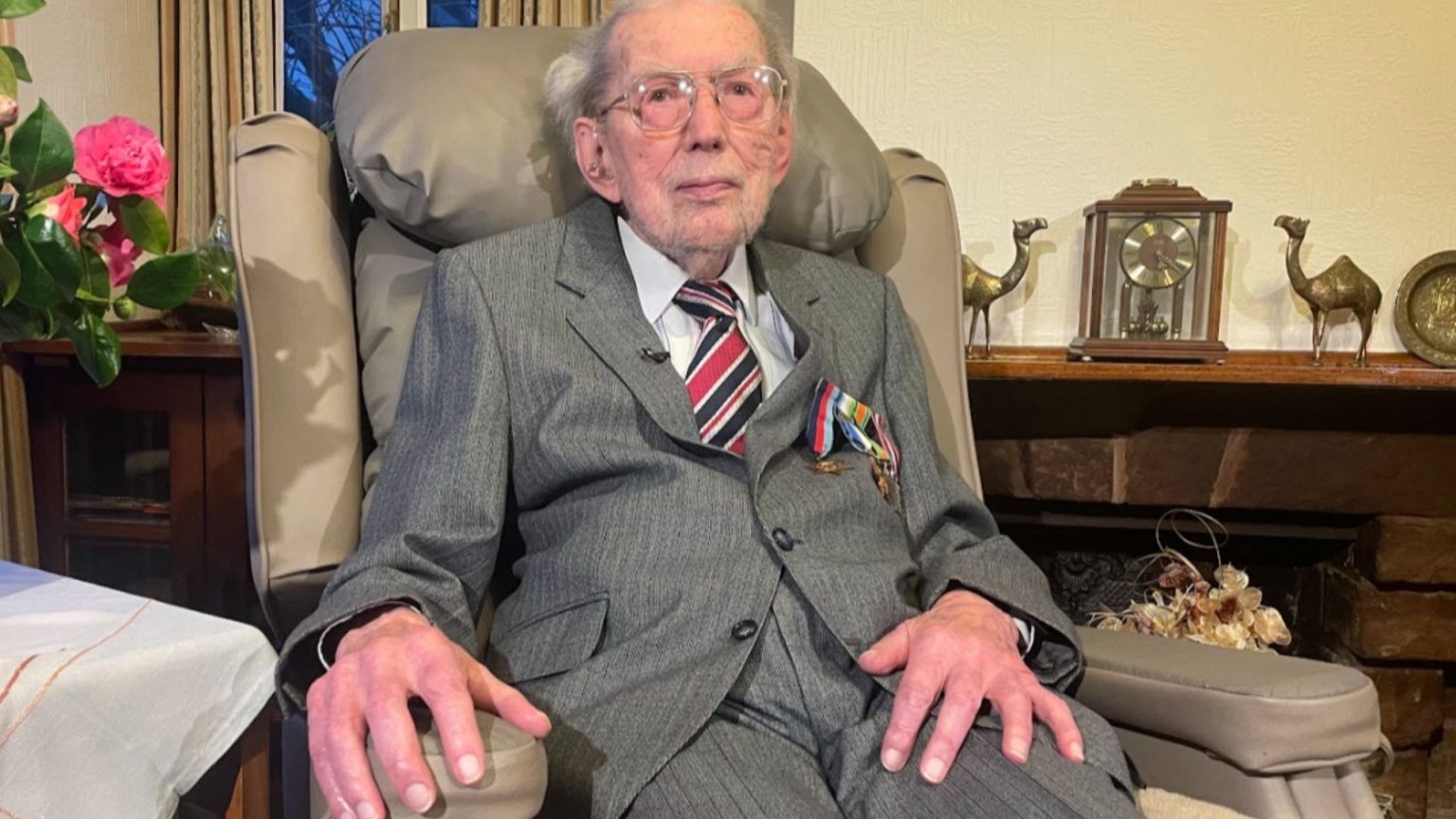The heroic veterans of D-Day, the pivotal operation that marked the beginning of the liberation of Nazi-occupied Europe, are facing a disheartening battle with French bureaucracy, as their applications for long-promised commemorative medals languish in the system. Many veterans, now centenarians, have waited years for recognition of their bravery and sacrifice, with some sadly passing away before receiving the honour they so richly deserve. The delays, which extend beyond a year in some cases, have sparked frustration and disappointment among these aging heroes, who risked their lives to liberate France from the grip of tyranny. Their valiant efforts on the beaches of Normandy and beyond paved the way for the eventual Allied victory in World War II, a debt of gratitude that seemingly remains unfulfilled by the French government.
The sheer scale of the bureaucratic inertia is staggering. At least fifteen applications are currently mired in the French administrative process, with some cases so ancient that British officials have lost track of their initial submission dates. This negligence contrasts sharply with the urgency and decisiveness displayed by these veterans during the war, highlighting a stark disconnect between the sacrifices made and the recognition offered. The agonizing wait, coupled with the advanced age of the applicants, underscores the critical need for swift action. Each passing day brings these veterans closer to the end of their lives, diminishing the opportunity to honour them in person for their invaluable contributions to freedom.
The heartbreaking case of one veteran who died at the age of 104, still awaiting his medal, serves as a tragic testament to the glacial pace of the French system. His decades-long wait, ultimately ending in unfulfilled recognition, is a poignant symbol of the injustice faced by these aging heroes. The prolonged delays not only diminish the value of the award but also compound the sense of disappointment and disregard felt by the veterans and their families. For these men who willingly risked everything for the liberation of France, the delayed medal becomes a symbol of bureaucratic indifference rather than a heartfelt expression of gratitude.
John Haddock, a 102-year-old former flight sergeant who participated in the D-Day operation, eloquently expressed the collective sentiment of his fellow veterans, noting the bitter irony of the situation. He remarked that if the D-Day landings had been executed with the same sluggishness as the medal awarding process, the liberation of France might never have occurred. His words encapsulate the frustration and disillusionment felt by these heroes, who are now forced to contend with bureaucratic hurdles in their twilight years. The stark contrast between their decisive actions during wartime and the drawn-out administrative process highlights a palpable disconnect in recognizing their contributions.
The extended delays in awarding the medals raise serious questions about the French government’s commitment to honouring these veterans. The medals, announced in 2014 to commemorate the 70th anniversary of D-Day, were intended as a gesture of deep appreciation for the sacrifices made by Allied forces. However, the protracted delays have transformed the initiative into a source of frustration and disappointment. The veterans, many of whom are now in their late 90s and 100s, are rightfully questioning the sincerity of the French government’s gratitude. The protracted wait for recognition stands in stark contrast to the immediacy and urgency of their actions during the war.
While the Ministry of Defence claims to be working with French officials to resolve the outstanding cases, the lack of concrete progress raises concerns about the true priority given to this issue. The veterans, now dwindling in number, deserve prompt action and heartfelt recognition. Their bravery and sacrifice should not be relegated to bureaucratic backlogs and administrative indifference. The urgency of the situation demands immediate intervention to ensure that these heroes receive the honour they have earned before time runs out. The remaining veterans of D-Day deserve nothing less than the utmost respect and gratitude for their invaluable contributions to the liberation of France and the Allied victory in World War II.


